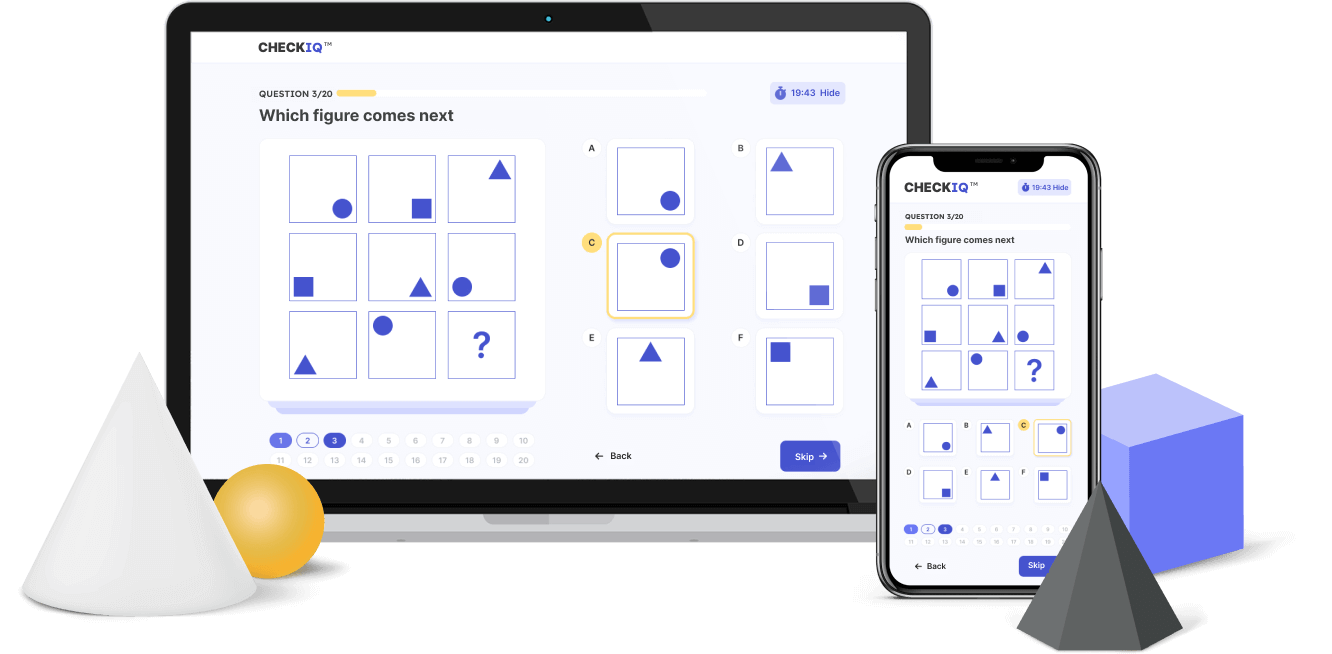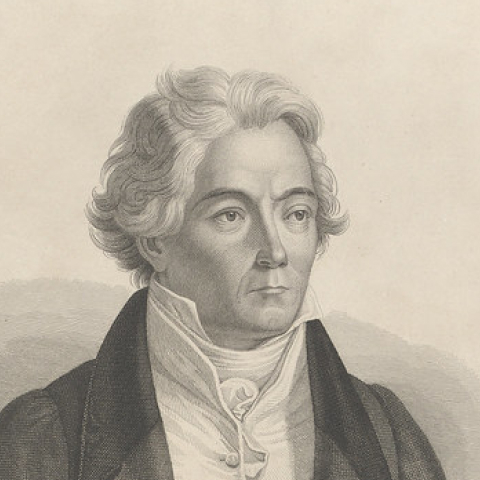Beethoven's IQ Was Estimated at 140 According to a Study
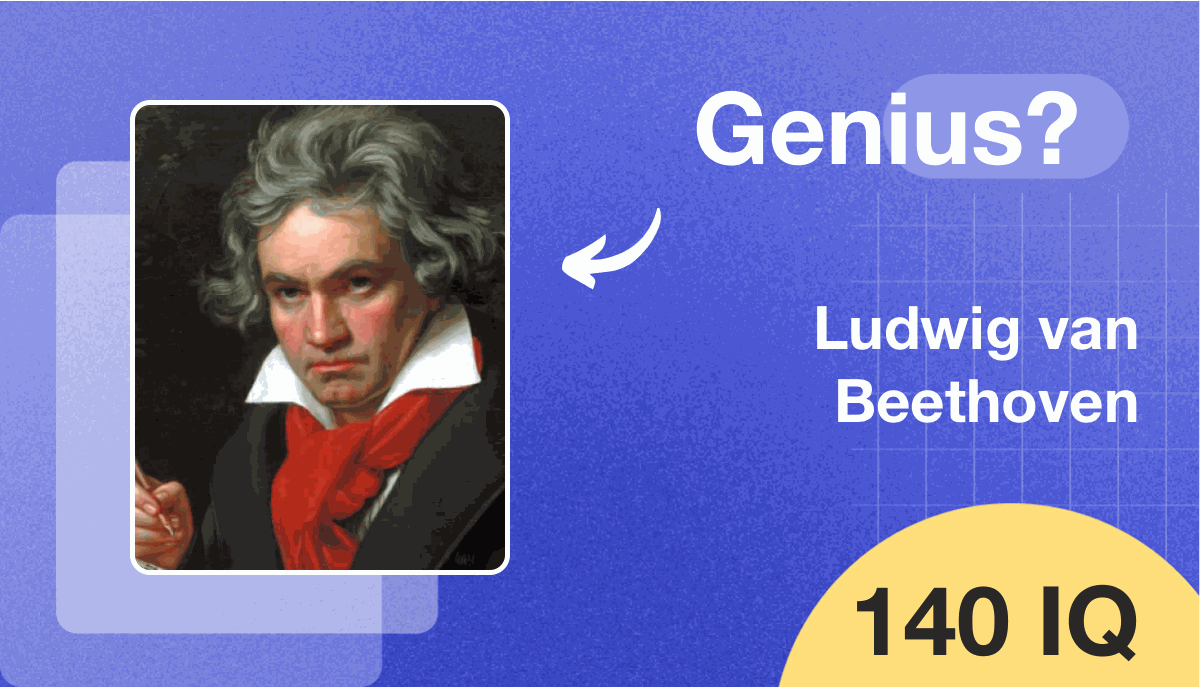
Ludwig van Beethoven was a prominent classical music composer and pianist. He has transformed the world with his innovative compositions and stubborn resilience. His estimated IQ of 140 underscores the incredible intellectual capacity behind his musical genius.
Born in December 1770, Beethoven crafted nine symphonies, numerous sonatas, concertos, and chamber works that continue to captivate audiences globally. His approach to structure and musical storytelling reshaped Western music, pushing boundaries between the Classical and Romantic eras.
Despite suffering from progressive hearing loss, Beethoven's creative genius never faltered. Researchers sequenced Beethoven’s genome from locks of his hair, uncovering incredibly high levels of lead, arsenic, and mercury. These toxic substances likely contributed to his gastrointestinal issues and deafness.
Interestingly, recent findings suggest Beethoven wasn't completely deaf during his final years. He retained some hearing in his left ear until shortly before his death in 1827. This discovery, made by musicologist Theodore Albrecht, shows that Beethoven could hear, though faintly, when he premiered his Ninth Symphony in 1824.
And here's a fun fact: listening to Beethoven's compositions, like his ‘Moonlight’ Sonata, can help you ace your exams! A 2020 study found that students who listened to classical music during lectures and while sleeping performed 18% better in exams. Talk about hitting the right notes!
Beethoven's legacy is a symphony of brilliance, determination, and a sprinkle of lead-induced eccentricity.
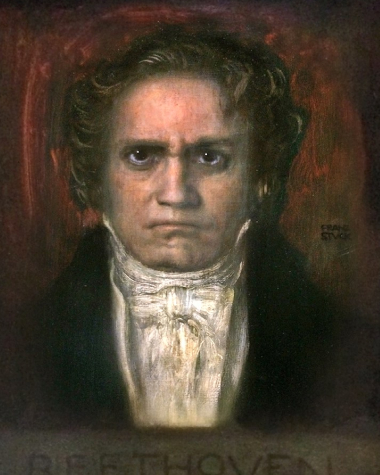

Average Confidence Level
HighWe determined Ludwig van Beethoven's IQ by taking the IQ score reported by Genetic Studies of Genius. We are also showing the scores reported by three other sources for reference.
 Confidence Level: High
Confidence Level: High
 Confidence Level: Low
Confidence Level: Low
 Confidence Level: Low
Confidence Level: Low
 Confidence Level: Low
Confidence Level: Low
5 Milestones That Show Ludwig van Beethoven's Genius
- Mastered Music Early: By the age of 7, Beethoven was already proficient in playing piano and violin, performing publicly. His early command over these instruments signaled his extraordinary musical capabilities.
- Innovative Symphonies: Beethoven fundamentally altered the symphony, introducing concepts of thematic development and emotional expression. These groundbreaking concepts made each of his nine symphonies a major advancement in musical evolution.
- Overcame Hearing Loss: Despite becoming almost completely deaf, Beethoven continued to compose, conduct, and perform. His ability to create music of profound depth and complexity without the benefit of hearing is astonishing.
- Late Masterpieces: In his late career, even as his hearing worsened, Beethoven composed some of his most celebrated works. Titles including the Ninth Symphony and Missa Solemnis demonstrated his unmatched creativity and intellect. His nine symphonies also started a trend of composers from the Romantic area writing exactly nine symphonies.
- Musical Language Innovator: Beethoven expanded the musical language of his time, incorporating new structures and ideas in his compositions that pushed the boundaries of what was considered musically possible and influencing countless composers.
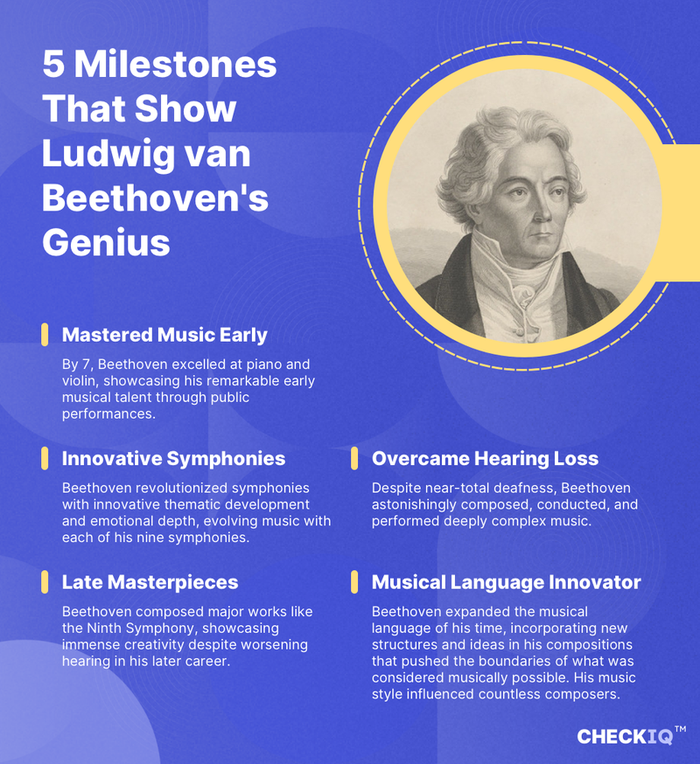
Try our accurate online IQ Test. Get your IQ score immediately.
Start IQ Test
Ludwig van Beethoven's Score on the IQ Spectrum
Ludwig van Beethoven's IQ of 140 placed him among the exceptionally gifted. He didn't need to prove his brilliance – it was clear in his work. With this IQ, Beethoven would have comfortably qualified for Mensa and Intertel, both well-known high-IQ societies that represent the top 2% and 1% of the world's population. His score was just shy of the Triple Nine Society's threshold.
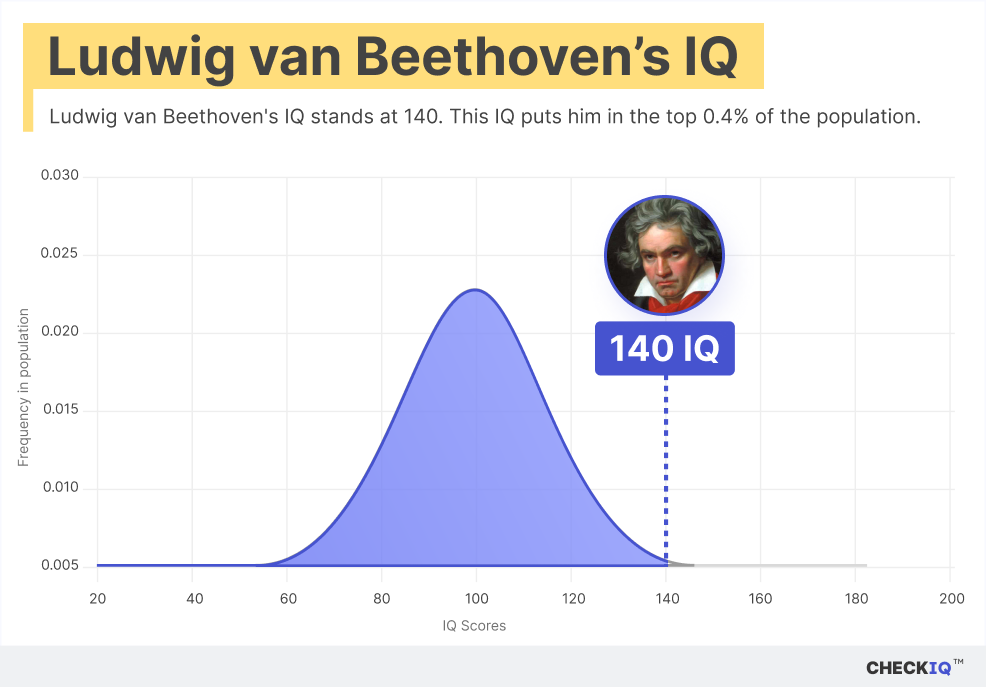
Comparing Ludwig van Beethoven's 140 IQ to That of Other Musicians
Beethoven's IQ of 140 is nothing short of extraordinary, especially for a composer who changed the course of music forever. Imagine what he could have created with today's technology like Wi-Fi and a MIDI keyboard! Beethoven truly stands in a league of his own. But let's see how his intelligence compares to some of today's most popular musicians.
Brian May's IQ of 170 is more than just a number; it's the driving force behind his incredible journey from being Queen's guitar legend to an astrophysicist. Whether on stage or exploring the stars, Brian May is determined to shine bright in every field he touches.
Then there's Cardi B's IQ, now considered to be 95, which she uses to blend street smarts with her rise to fame in the rap world. She might not have a sky-high IQ like some others, but Cardi’s intelligence is evident in her strategic moves and ability to connect with a broad audience. From "Bodak Yellow" to a business mogul, Cardi proves that smarts come in many forms.
Lady Gaga, with an IQ of 166, showcases her genius not just through her genre-defying music but also through her bold, innovative performances. The mastermind behind "Poker Face" is always a step ahead, playing a complex game with her career and constantly reinventing herself.
Michael Jackson's IQ of 159 helped him craft pop music that continues to resonate across generations. His hits like "Billie Jean" and "Beat It" were not just about catchy beats. They were the product of a brilliant mind that knew how to captivate the world.
Lastly, Marilyn Manson, with his IQ of 155, uses his sharp intellect to provoke and challenge societal norms. With a mind that keen, it’s no wonder he’s always ahead in the shock factor game, pushing boundaries and making people think.
These musical legends show that high IQ and creative genius often go hand in hand, even if the journey from brainpower to brilliance takes some unexpected and fascinating twists.
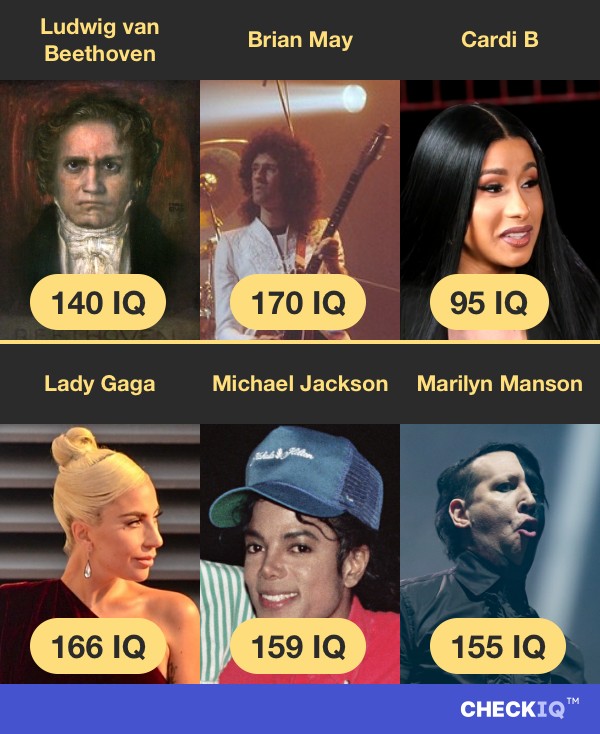
Do you think Ludwig van Beethoven's 140 IQ accurately reflect his's brain power? Scroll down and let us know in the comments below!

Find Out the IQ of Other Famous People
-
 Scott Greer187 IQ
Scott Greer187 IQ -
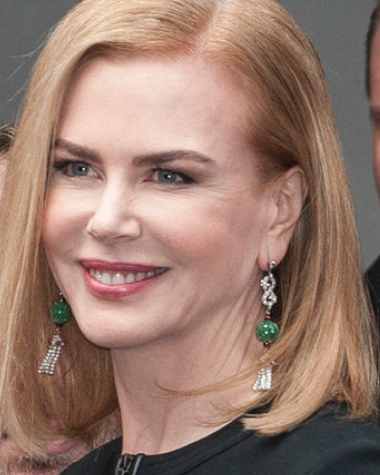 Nicole Kidman132 IQ
Nicole Kidman132 IQ -
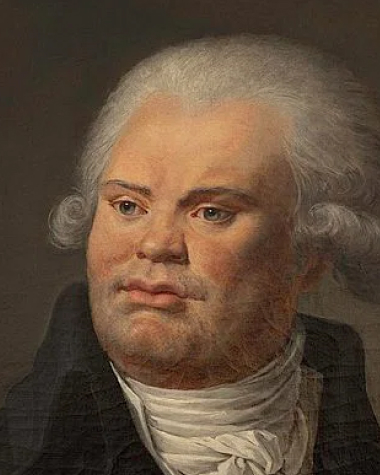 Georges Danton145 IQ
Georges Danton145 IQ -
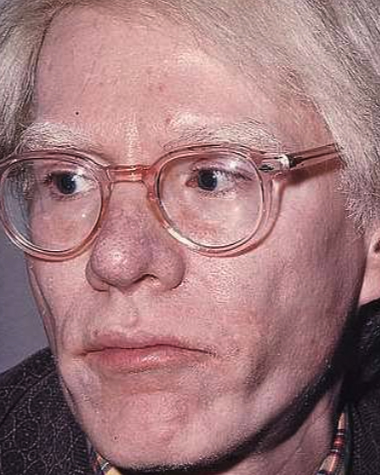 Andy Warhol106 IQ
Andy Warhol106 IQ -
 Conan O'Brien160 IQ
Conan O'Brien160 IQ -
 Ted Kaczynski167 IQ
Ted Kaczynski167 IQ
